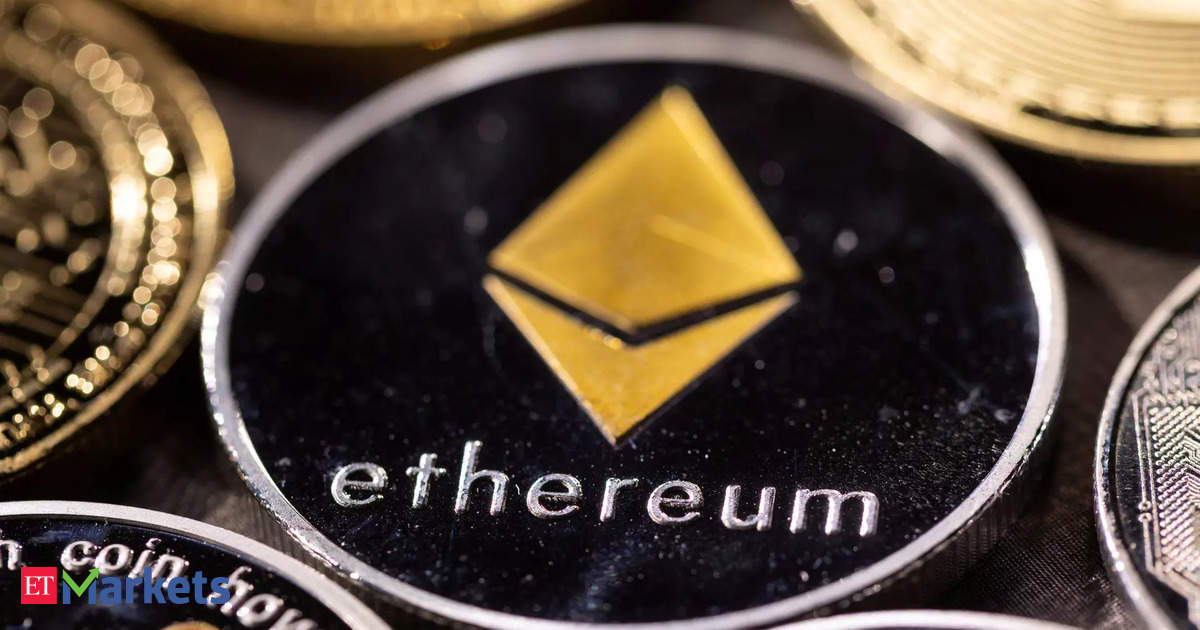Ethereum ETFs: Why it is a game-changer for mainstream crypto adoption
One of the most compelling narratives surrounding the approval of is their impact on . Ethereum has already established a strong market presence, and the introduction of ETFs offers a more structured investment vehicle. The structure provides several advantages, including ease of access, as investors can now purchase Ethereum ETFs through traditional brokerage accounts. Additionally, ETFs offer enhanced protection, as regulatory oversight by the SEC ensures higher standards of security, easing investor skepticism.
Institutional Interests and Investor Confidence
The introduction of ETFs is particularly important because they contribute to market stability by attracting , who bring in new capital and a long-term investment perspective. This will certainly accelerate the growth of the asset class. Additionally, technological upgrades, such as the implementation of roll-up technology and Ethereum Improvement Proposal (EIP) 4844, are set to enhance the network’s scalability and efficiency, further strengthening its appeal to institutional investors.The growing optimism surrounding ETH price action is grounded in significant inflow data. For instance, over $58 billion flowed into ten newly launched ETFs within five months of their debut. If Ethereum ETFs follow a similar trajectory, substantial institutional inflows, combined with bullish speculative trading, could swiftly propel ETH prices to new all-time highs. Institutions that have already gained exposure to Bitcoin ETFs will likely seek to diversify into this newly approved Ethereum ETF.
Why is the Web3 Community is Celebrating?
Ethereum plays a crucial role in the decentralized ecosystem, and this regulatory progress is essential for shaping the future of Web3 and the ongoing digital revolution. The SEC's decision is especially significant, given previous media reports suggesting the SEC was investigating the and the ongoing debate about wh Ethereum’s native token, ether (ETH), should be classified as a security.Classifying Ethereum as a security could have major implications for the Web3 industry. Ethereum underpins a vast ecosystem of decentralized applications (dApps) and , which range from DeFi to NFTs and rely heavily on Ethereum's Layer 2 solutions. Recently, the total value locked (TVL) in the DeFi ecosystem has surged, reaching $100 billion, with Ethereum leading the space with over 60% market share. A security designation for Ethereum could have introduced regulatory challenges for dApps built on its network, potentially hindering innovation and growth within the Web3 space.
What does it mean for Indian Investors, developers, and the startup ecosystem?
India held the top spot for overall and also ranked first for the on-chain value received through centralized exchanges and DeFi platforms when adjusted for purchasing power parity. The total crypto value received by India in 2023, which was second only to the USA, jumped from ~$170B in 2022 to ~$270B in 2023 indicating a 60% growth. This compares to 10% for the US, 8% for the UK, and 18% for Vietnam. (Source: Hashed Emergent Report)The community remains bullish on and the wider crypto industry for 2024. Despite the current limitations of Bitcoin and Ethereum ETFs being available only to investors in the US and Hong Kong (with a Bitcoin ETF for Hong Kong investors), their introduction has significantly contributed to the global growth of the crypto market. The launch of Ethereum ETFs is expected to further propel this positive momentum.
India's share of the global Web3 developer community is fairly big, around 12% of the global figure. There's a network of over 1,000 Web3 startups, a significant percentage building on Ethereum, the largest decentralized ecosystem. This, in turn, will definitely boost the confidence of the developers and entrepreneur community.
A step towards mainstream adoption
The approval of Ethereum ETFs signifies a broader trend of crypto integration into the mainstream financial system. It reflects a growing recognition of digital assets as a legitimate and valuable component of investment portfolios. This development is not just about making Ethereum more accessible; it is about bridging the gap between traditional finance and the emerging world of crypto assets.As Ethereum continues to innovate and expand its use cases—from decentralized finance (DeFi) to non-fungible tokens (NFTs)—the ability for investors to participate through ETFs will likely accelerate the adoption of these technologies. The ripple effects of this approval will extend beyond just Ethereum, potentially paving the way for similar financial products for other crypto.
The US SEC has approved the 19b-4 filings, and it is anticipated that they will approve the final S-1 forms when these ETFs begin trading soon. The decision affects funds proposed by , , , Bitwise, Ark 21Shares, and Grayscale.
Source: Forex-Markets-Economic Times
